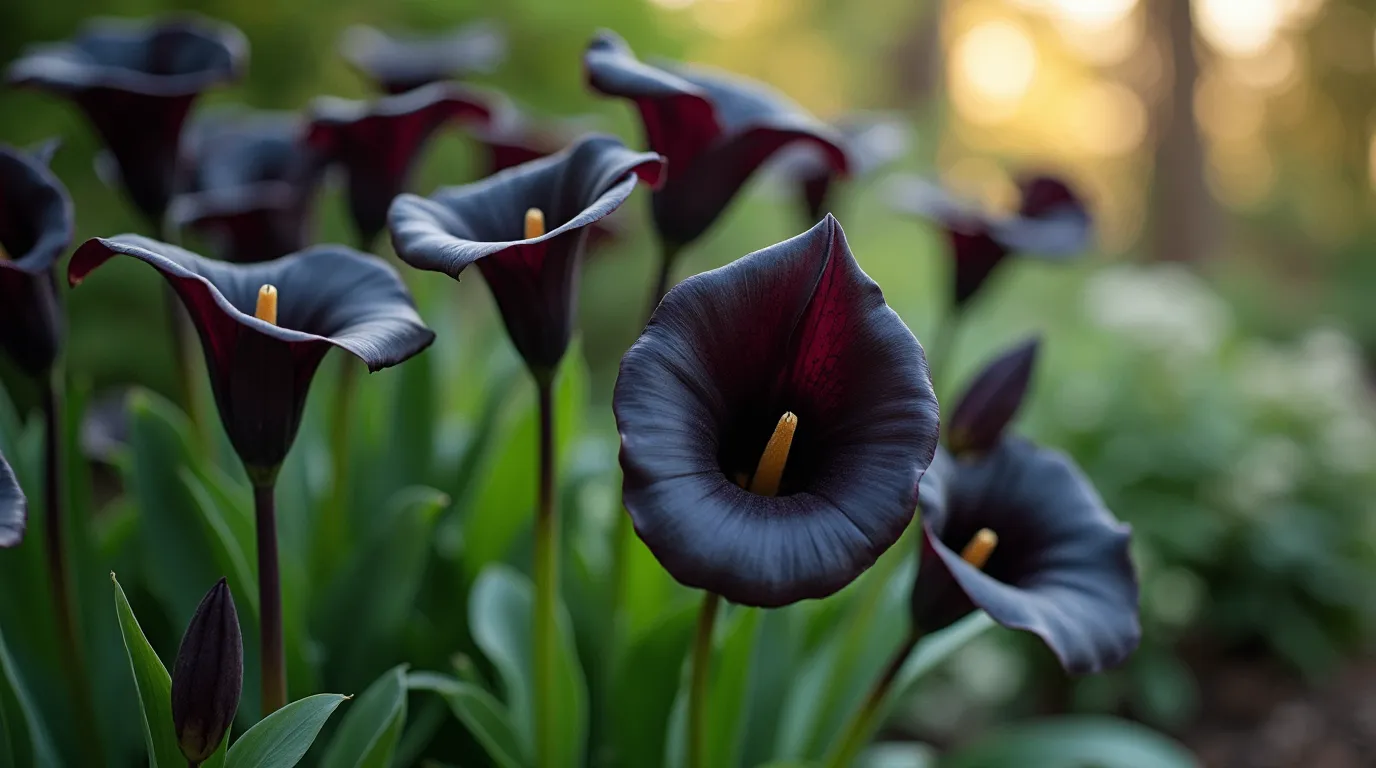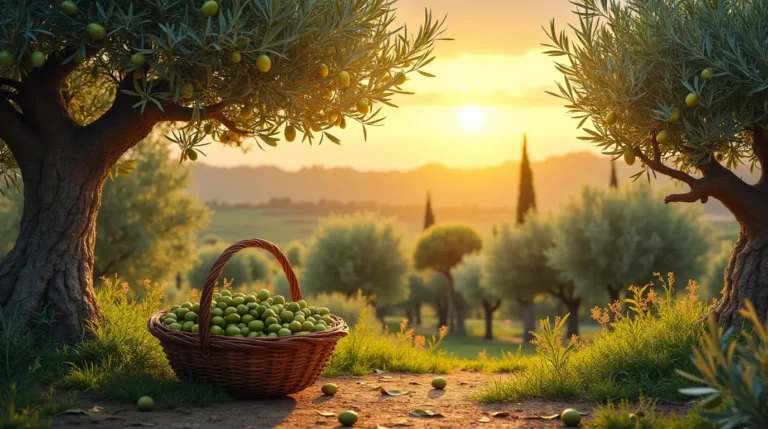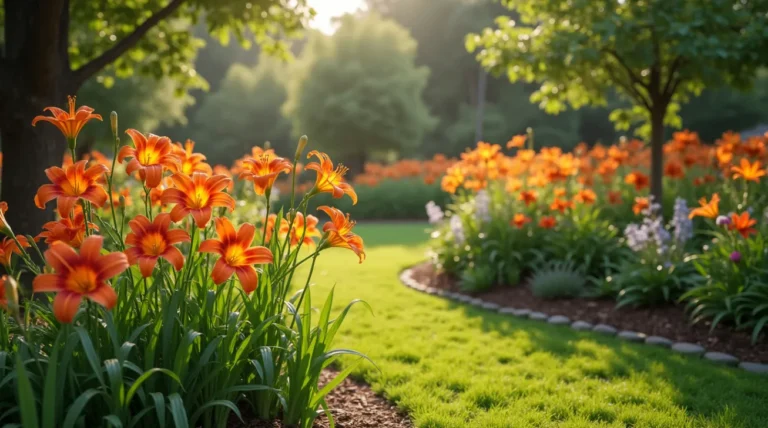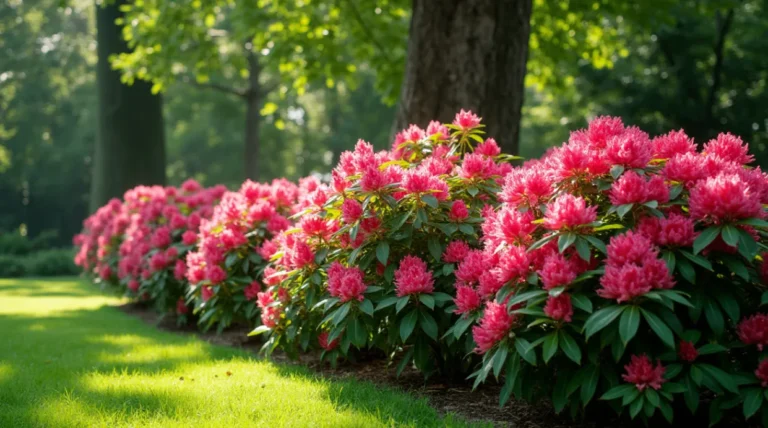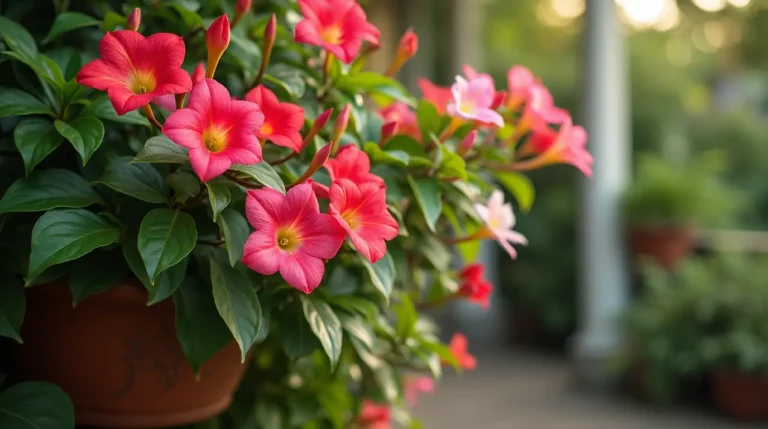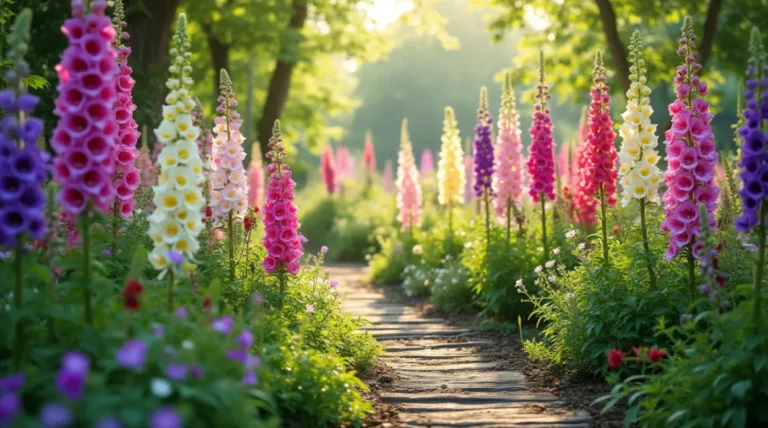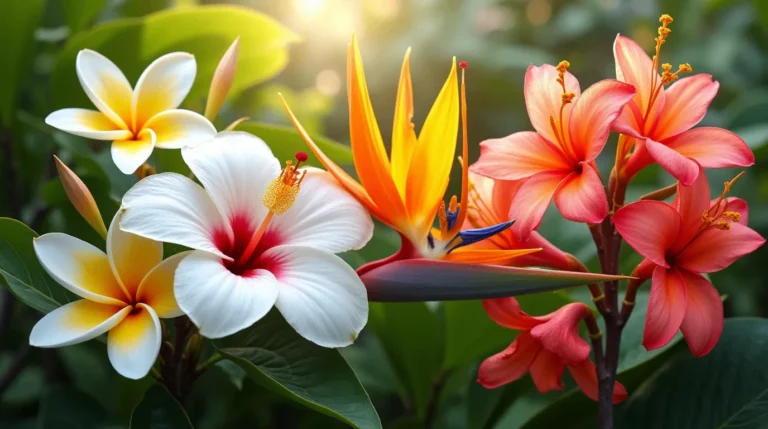Black Flowers: Top 15 Stunning Varieties To Plant Now
Table of Contents
Black flowers are a captivating and mysterious addition to any garden. Their deep, dark hues create a striking contrast against the more common vibrant blooms, adding an element of elegance and drama to your flower beds. Although there are no truly black flowers in nature, some blooms come impressively close with shades of deep purple, maroon, or burgundy that appear almost black. In this guide, we’ll explore 15 stunning black flowers and how to care for them, with tips on soil preparation, watering, and pest control.
Why Choose Black Flowers?
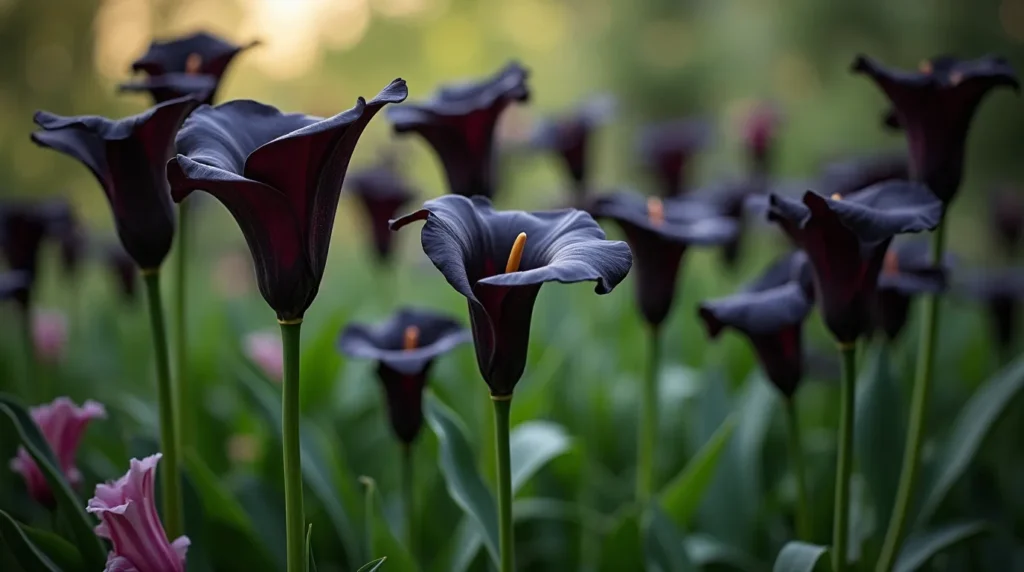
Choosing black flowers allows you to create an exotic, sophisticated garden design. They pair beautifully with bright-colored blooms, making them stand out even more. Whether used as a focal point or an accent, black flowers add depth and contrast, creating a visually intriguing landscape. Plus, they’re perfect for anyone looking to add a touch of mystery to their garden.
Soil Preparation for Black Flowers
Proper soil preparation is key for growing healthy black flowers. While different species may have varying soil requirements, most thrive in well-draining, nutrient-rich soil.
Assessing Soil Texture and Drainage
Begin by checking the texture and drainage capacity of your soil. Ideally, your garden soil should be loamy, which is a balanced mixture of sand, silt, and clay. To test drainage, dig a small hole, fill it with water, and see how long it takes to drain. If the water sits for more than an hour, your soil might need amending. Add compost, sand, or perlite to improve aeration and drainage.
Soil pH Levels
Most black flowers prefer slightly acidic to neutral soil with a pH between 6.0 and 7.0. Some varieties, like dark irises or black tulips, may tolerate a slightly more alkaline environment. Test your soil’s pH using a simple home testing kit, and adjust if necessary. Lime can raise the pH for overly acidic soils while adding sulfur can lower pH levels in overly alkaline soils.
Mulching
Mulching is an excellent way to maintain soil moisture, regulate temperature, and reduce weed growth. Apply a 2-3 inch layer of organic mulch around your black flowers. Use materials like shredded bark, straw, or compost to enhance soil fertility as the mulch decomposes over time.
Watering Black Flowers
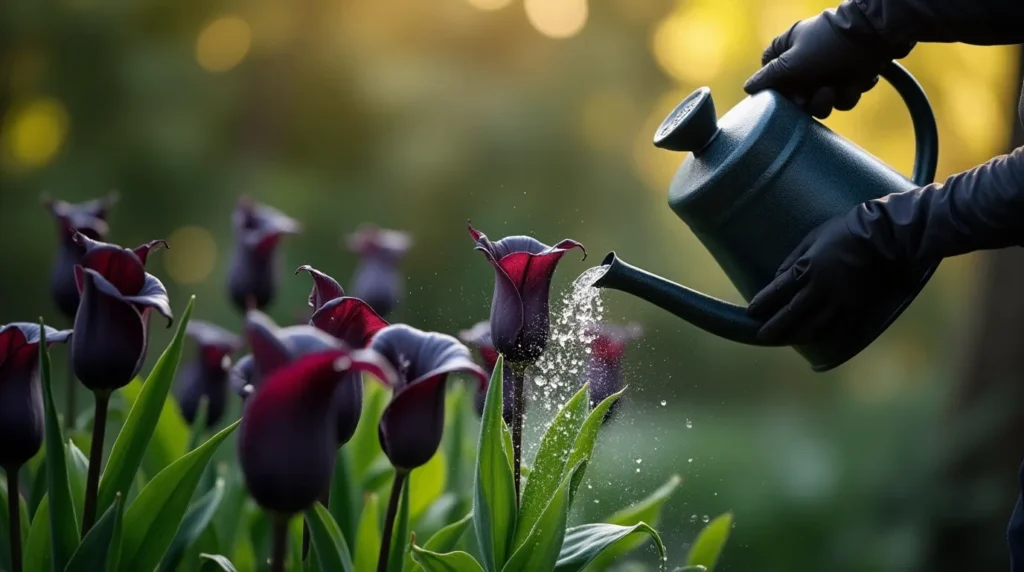
Different black flowers have unique watering needs, but providing the right amount of moisture is essential to keep your blooms healthy and vibrant.
Newly Planted Black Flowers
For newly planted flowers, it’s crucial to keep the soil consistently moist until the roots are established. Water thoroughly but less often to promote stronger root development. Aim for watering once or twice a week, depending on the weather and soil conditions. Avoid excessive watering, as it may cause root rot and other complications.
Established Black Flowers
Once your black flowers are established, many varieties can tolerate short periods of drought. However, during hot, dry spells, provide supplemental watering to prevent stress and maintain healthy blooms. Water in the early morning to minimize evaporation and allow foliage to dry, reducing the risk of fungal diseases.
Best Watering Techniques
Using a drip irrigation system or soaker hose is ideal for black flowers, as it delivers water directly to the root zone. This method reduces water wastage and prevents wet foliage, which can attract pests and diseases.
Pest Control for Black Flowers
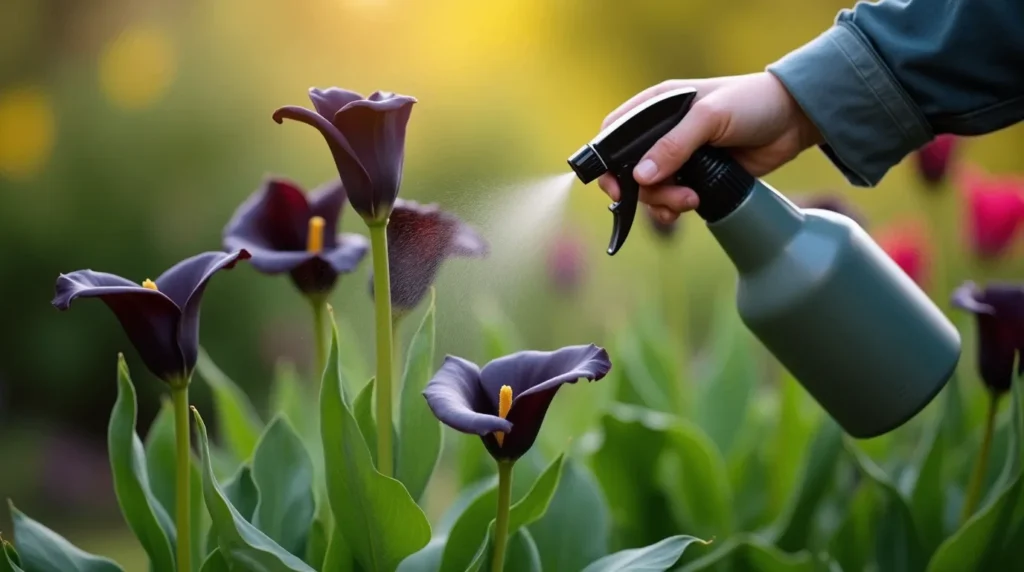
Even the most beautiful black flowers are not immune to pests. However, with proper care and some preventative measures, you can keep unwanted critters at bay.
Common Pests and How to Manage Them
- Aphids: These tiny insects can suck the sap from your flowers, weakening the plant. A strong spray of water can dislodge them, or you can use insecticidal soap or neem oil.
- Spider Mites: Spider mites thrive in hot, dry conditions and create a fine webbing on the leaves. Increase humidity around your plants and use insecticidal soap to keep them under control.
- Slugs and Snails: Slugs and snails are particularly problematic for low-growing black flowers like black pansies. Use organic barriers such as crushed eggshells or diatomaceous earth around the base of your plants to deter these pests.
- Japanese Beetles: These beetles can be highly destructive, eating both the foliage and the flowers. Handpick them in the early morning when they’re less active, or use traps placed away from your flowers to capture them.
Organic Pest Control Options
For a more eco-friendly approach, consider using natural repellents such as garlic spray, neem oil, or introducing beneficial insects like ladybugs and lacewings, which feed on common garden pests.
15 Black Flowers to Add to Your Garden
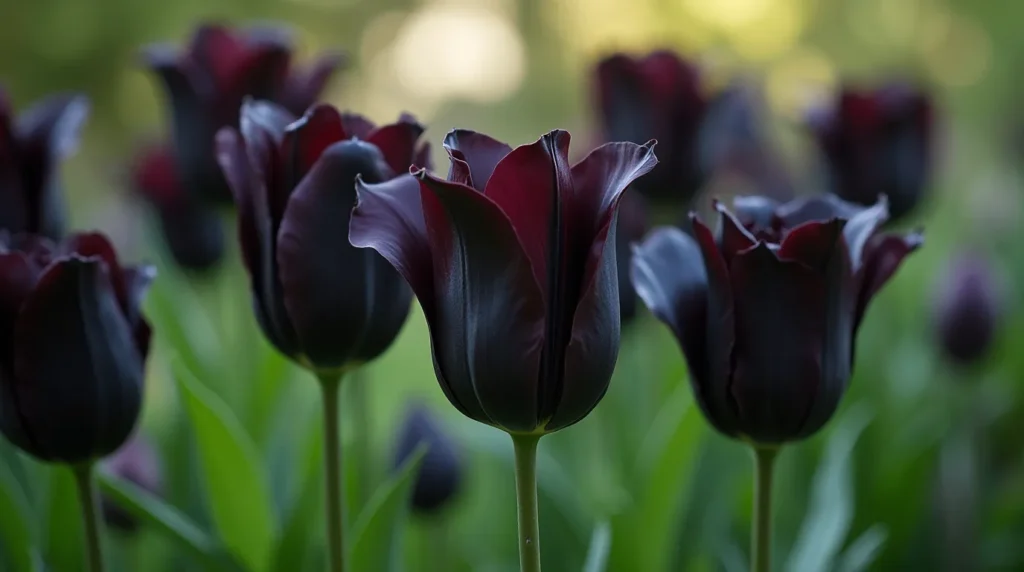
Now let’s take a look at 15 beautiful black flowers that will make your garden truly stand out.
1. Black Dahlia
Black dahlias are known for their rich, velvety petals and almost surreal dark purple tones. Plant them in full sun with well-drained soil for the best blooms.
2. Black Velvet Petunia
Featuring deep black petals and a velvety texture, these petunias bring a bold, dramatic touch to containers and garden beds. They thrive with plenty of sunlight and consistent watering.
3. Queen of Night Tulip
This elegant tulip variety features deep maroon blooms that appear almost black. They bloom in mid-spring and thrive in well-drained soil.
4. Black Pansy
Black pansies have delicate petals in a near-black shade with a small yellow center. They grow well in partial sun and cool climates.
5. Black Hollyhock
Tall and striking, black hollyhocks are perfect for the back of flower borders. They thrive in nutrient-rich, well-drained soil and plenty of sunlight.
6. Black Magic Rose
This hybrid tea rose has dark, velvety petals with a hint of burgundy. It prospers in full sunlight and well-drained soil with consistent watering.
7. Bat Flower (Tacca chantrieri)
With its unique bat-like blooms and whisker-like filaments, the bat flower is a standout. It prefers humid environments and partial shade.
8. Black Calla Lily
The glossy, dark blooms of the black calla lily are perfect for adding elegance to a garden bed. They thrive in moist, well-drained soil and partial sunlight.
9. Black Baccara Rose
This rose variety has deep red-black petals and thrives in full sun with rich, loamy soil.
10. Black Hellebore (Lenten Rose)
These early bloomers produce nearly black flowers and are ideal for shaded gardens. They prefer moist, well-drained soil.
11. Black Scabiosa
Black scabiosa, also known as the pincushion flower, has almost jet-black blooms and thrives in full sun with well-drained soil.
12. Chocolate Cosmos
Chocolate cosmos features deep maroon blooms with a charming chocolate fragrance. They flourish in full sun and well-drained soil.
13. Black Peony Poppy
This poppy variety, with its ruffled dark purple petals, brings texture and drama to any garden. It flourishes in full sunlight and well-drained soil.
14. Black Knight Butterfly Bush
This bush has elongated clusters of deep purple flowers that appear black in certain lighting. It’s a magnet for butterflies and grows best in full sun.
15. Black Mondo Grass
Though technically not a flower, black mondo grass adds a stunning dark contrast to garden beds. It produces small, bell-shaped flowers and thrives in full to partial shade.
Conclusion
Adding black flowers to your garden is a unique way to create a striking and elegant landscape. With proper soil preparation, consistent watering, and effective pest management, these dark beauties will thrive and bring a sense of drama and sophistication to your garden. Whether you’re looking to add a few touches of mystery or design an entire black-themed garden, these 15 varieties are sure to make your garden stand out. Happy planting!

